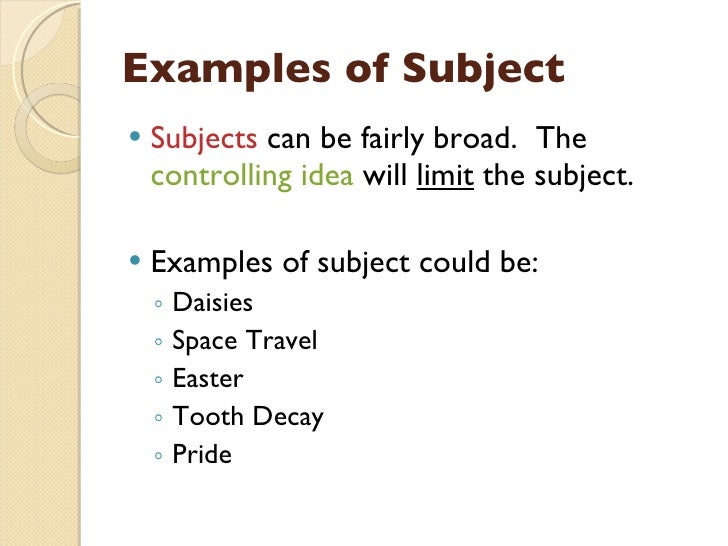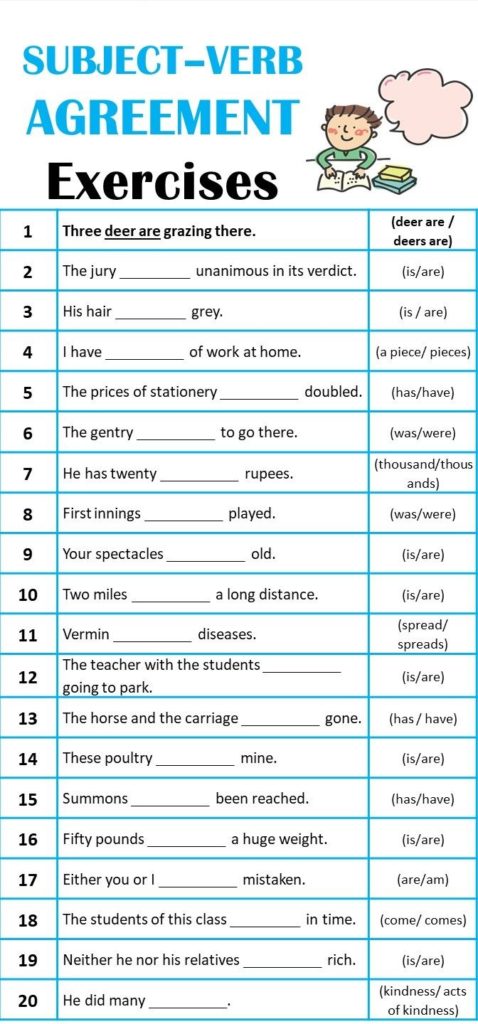

(Remember that adjectives and nouns can come in the forms of adjective phrases and noun phrases too.) Opportunity is missed by most people because it is dressed in overalls and looks like work.Here are some more examples of subject complements: Don't forget adjectives (just like nouns) also come in the form of phrases.) (The linking verb is "looks." The subject complement describes the subject "That pie." It is an adjective. The subject complement identifies the subject "I." It is a pronoun.) (The linking verb is "am" (i.e., the verb "to be"). The subject complement describes the subject "He." It is an adjective.) (The linking verb is "will be" (i.e., the verb "to be"). The subject complement identifies the subject "Ben." It is a noun.) (The linking verb is "is" (i.e., the verb "to be"). In the examples below, the linking verbs are in bold and the subject complements are shaded: Subjects: I (was), my family doctor (suggested), who (struggled), I (make).įor now, we will ignore these more complex sentences, but when you've mastered subjects you can go on to study clauses in more detail.A subject complement is either an adjective, a noun, or a pronoun. When I was younger, my family doctor, who struggled with back pain herself, suggested that I make an appointment with a chiropractor. Though the woolly mammoth is extinct, it remains a beloved subject of cartoonists.ĭependent clause: Though the woolly mammoth is extinct.Īnd if we want to get really fancy we can have numerous clauses (and subjects) in a single sentence:

But even dependent clauses contain a subject and a verb: In this case, each independent clause could be its own sentence. Reginald blew the whistle and the game was over. Here's an example of two independent clauses joined by a coordinating conjunction ( and):

That's because every clause has its own subject (and verb). Yet if the sentence has multiple clauses it will also have multiple subjects. So far we've looked only at sentences that contain a single subject.


 0 kommentar(er)
0 kommentar(er)
